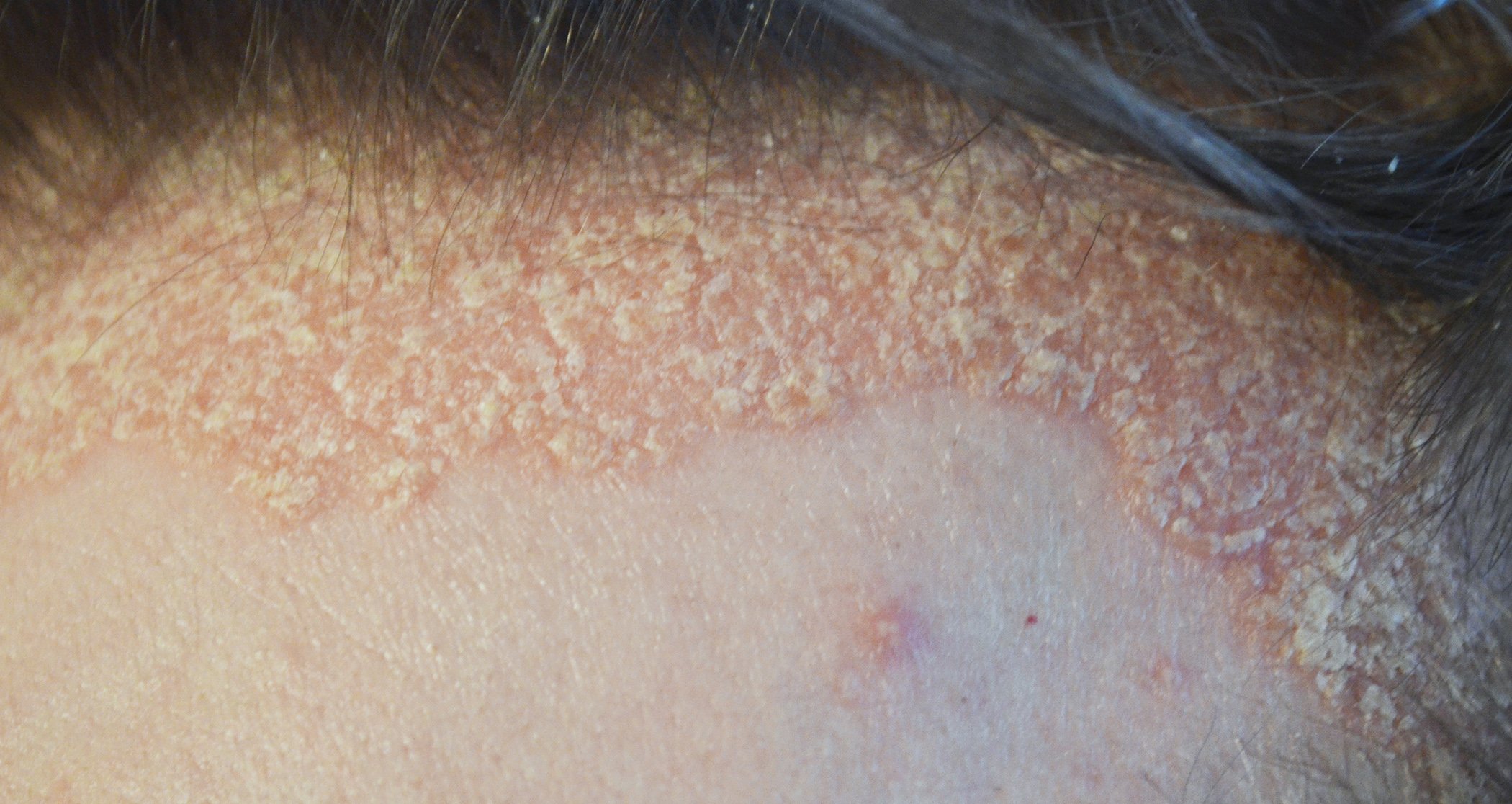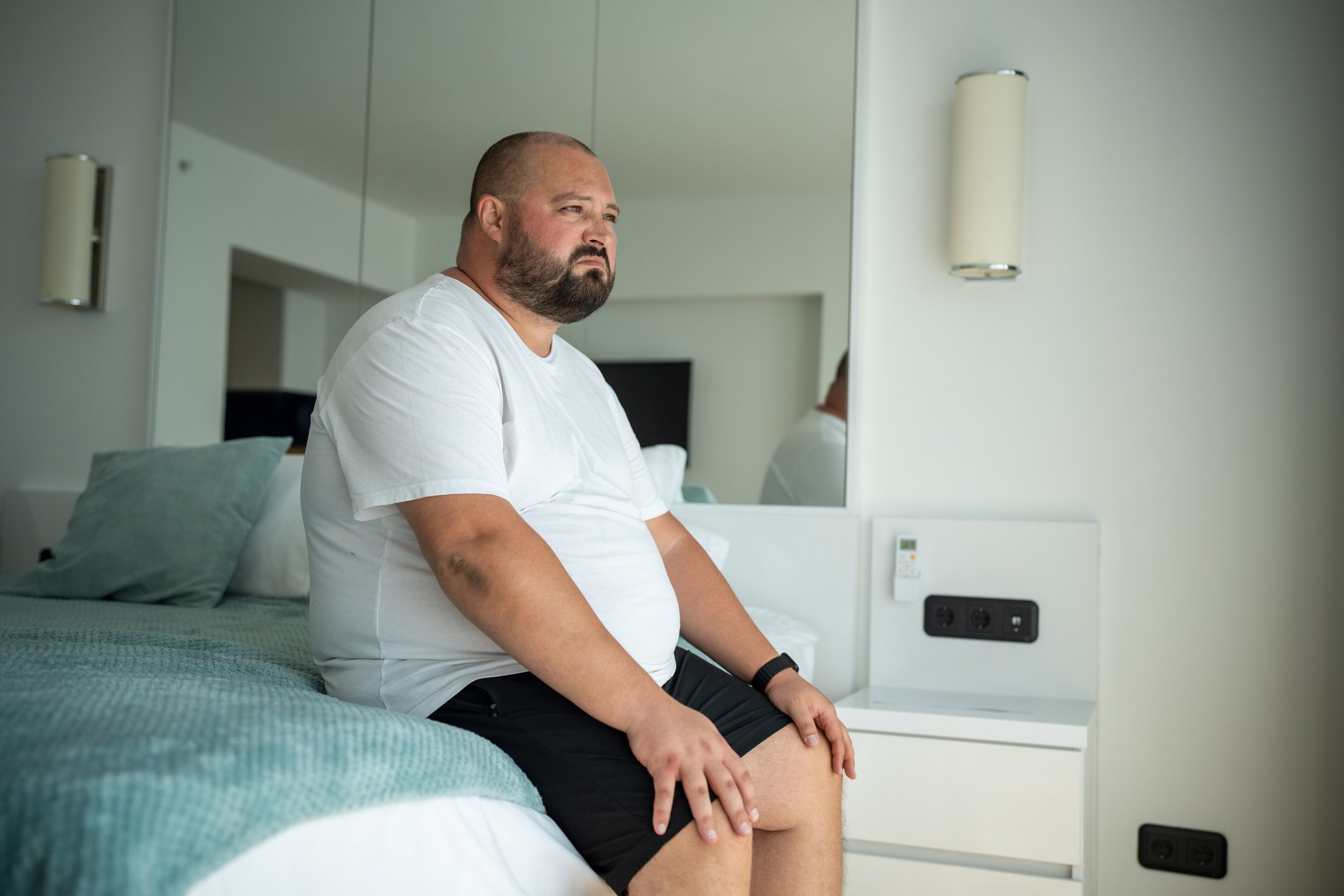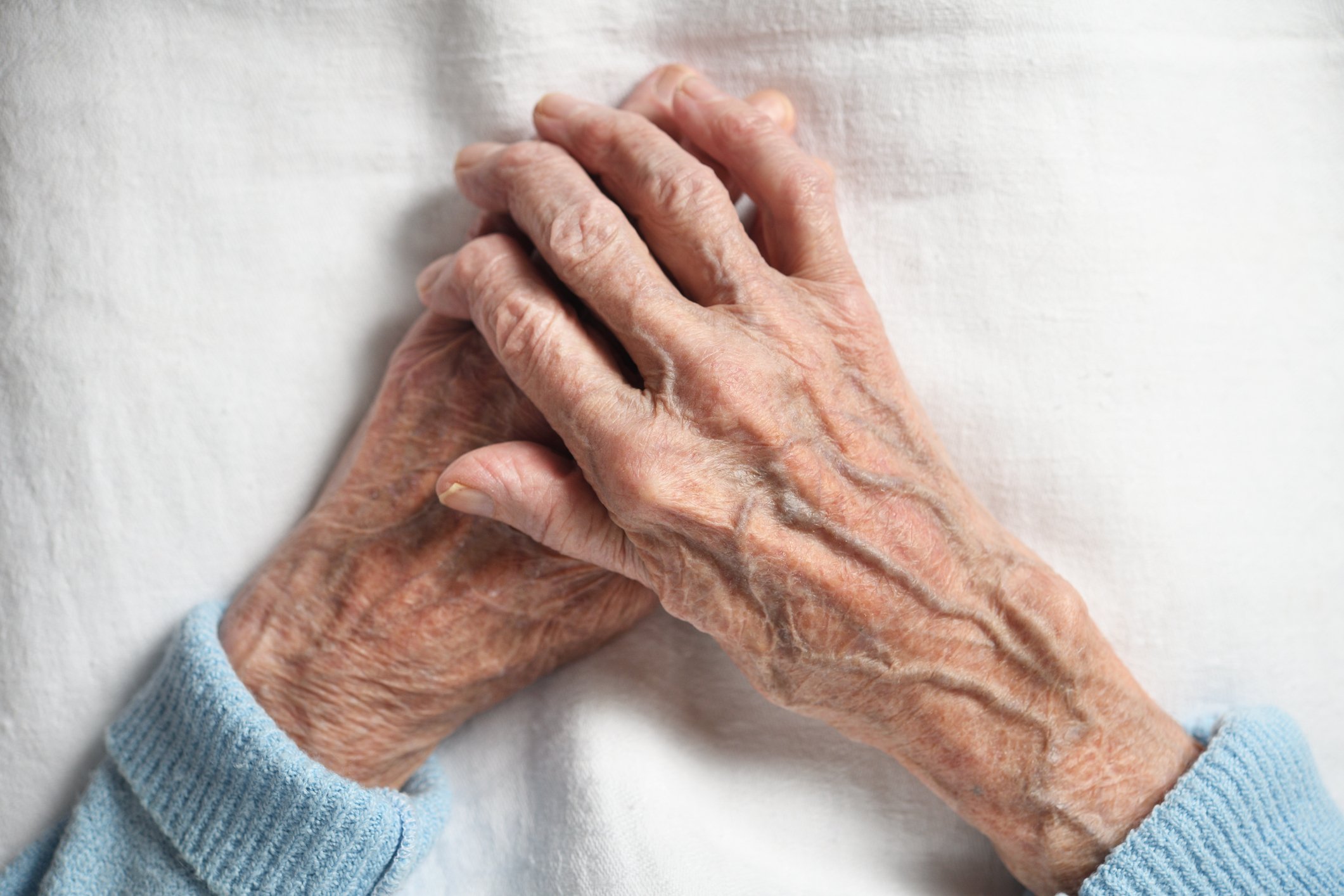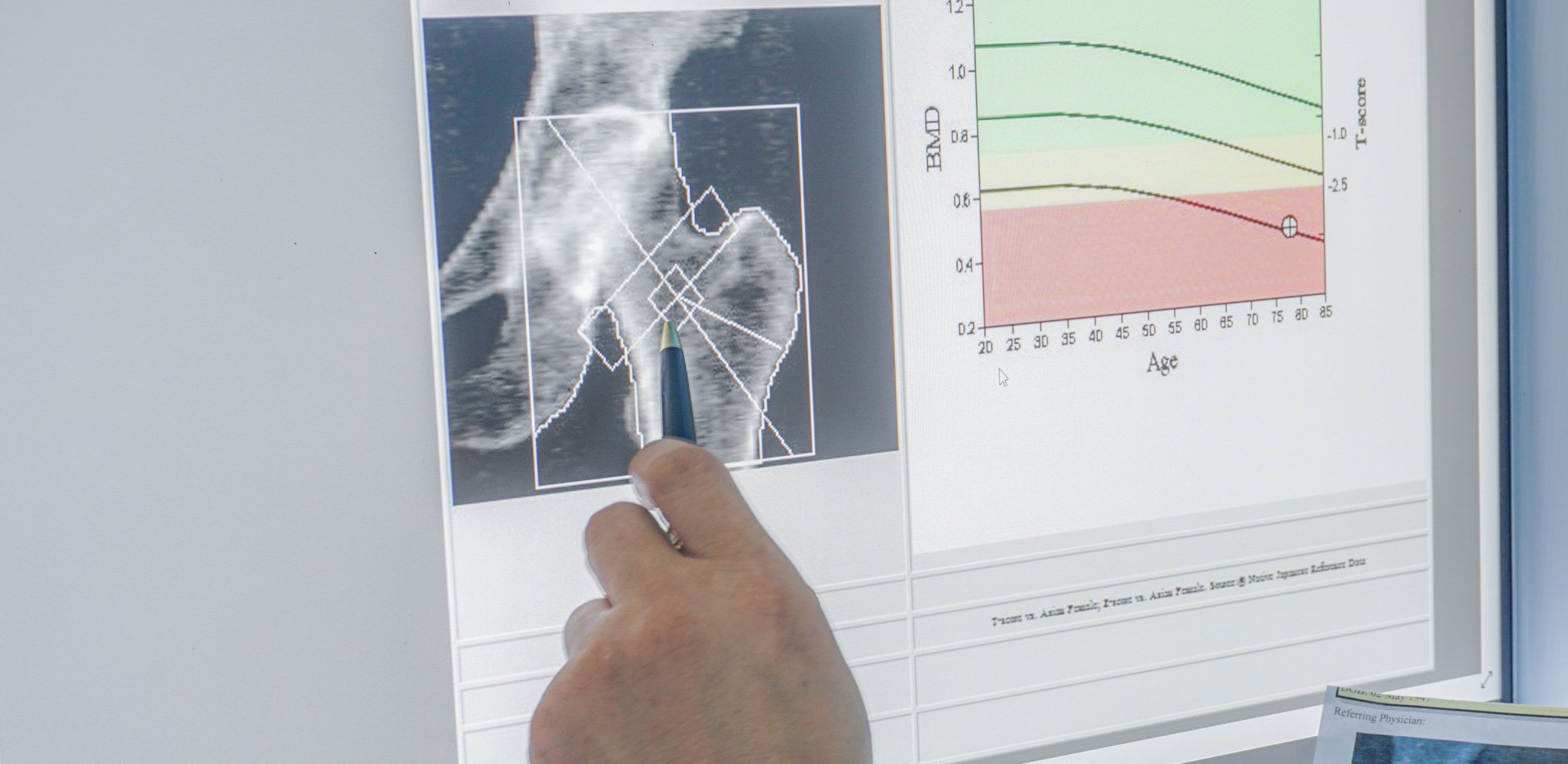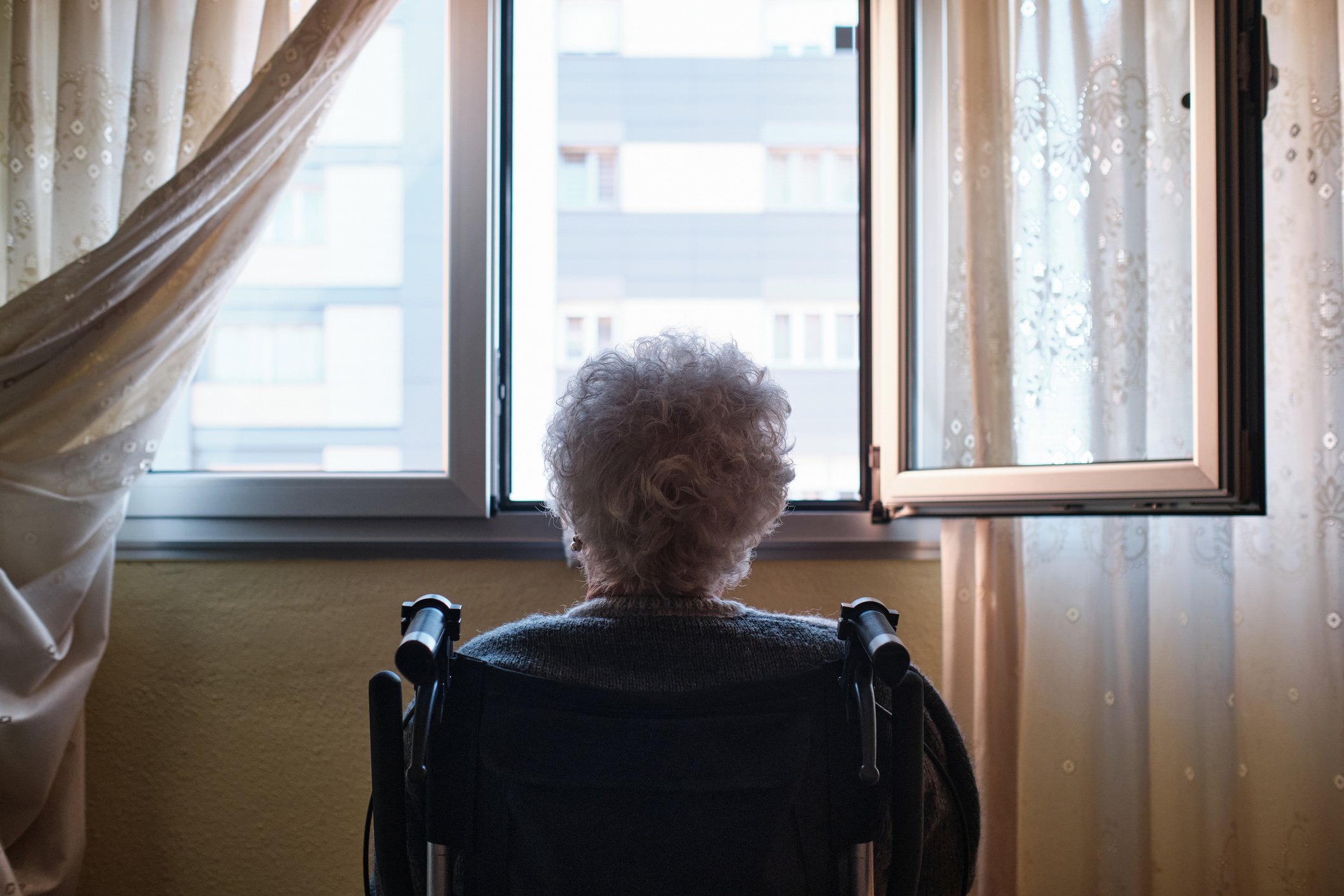Two diseases or one clinical picture with different facets? This question remained unanswered at the Bern GP Conference in Bern. In contrast, there were important recommendations for managing anxiety disorders and depression in family practice.
(rs) The lifetime prevalence of anxiety disorders is approximately 15%, with women affected twice as often as men, similar to depression. Questionnaires are an important screening method that can rapidly identify psychiatric disorders, even in family practice. The health questionnaire [1], which includes questions about depression and anxiety, was given as an example.
Differential diagnosis must exclude an organic disorder as the cause of anxiety. Anxiety occurs as an associated symptom in various endocrine and metabolic disorders, as well as pulmonary, cardiac, or cerebral disease. An organic cause is supported by an age below 18 and above 35 years, the absence of other psychological symptoms or a current stressor, and a fluctuation that correlates with the duration and severity of the physical illness.
Early anxiety disorders are not only a massive risk factor for the onset of later depression. Due to overlapping symptoms, the two diseases are also difficult to separate therapeutically. A typical symptom of depression, in addition to sadness and listlessness, is anhedonia. “It’s not just the appetite that’s wrong, it’s the appetence,” said Prof. Thomas Müller, MD, medical director of the Polyclinic of the University Department of Psychiatry and Psychotherapy, at the GP Day in Bern. This means that some people continue to eat despite the depression, but they do not feel any pleasure in doing so. In order to exclude an organic cause such as dementia, brain tumor, craniocerebral trauma or the symptomatic occurrence of depression, e.g. postoperative, postinfectious or pharmacogenic, additional technical examinations are often necessary in addition to the survey of the physical-neurological findings.
Do not postpone medication changes for too long
Psychoeducation is an important intervention in anxiety treatment. “Often the clarification and counseling already has a significant anxiety-relieving effect,” Prof. Müller said. Specific psychotherapies, e.g., various behavioral therapies, had also been shown to be very effective. In pharmacotherapy, antidepressants such as serotonin reuptake inhibitors, serotonin-norepinephrine reuptake inhibitors, and tricyclic antidepressants such as clomipramine are most commonly used. Benzodiazepines should be used only in emergencies or for crisis intervention. Current research is focused on developing benzodiazepine-like drugs that bind to specific subreceptors for anxiety relief but have no addictive potential. The active substance pregabalin belongs to the already approved drugs of this group of so-called α-2-δ-ligands.
The most important goal in depression treatment is to overcome the acute phase, by means of anxiety relief and sleep protection. “If you can’t sleep, you don’t get better,” the speaker said. Pharmacological treatment should be given according to guidelines of the World Federation of Societies of Biological Psychiatry (WFSBP). It is also important to maintain regular contact with those affected and to record suicidal tendencies. If no improvement is seen after ten to 14 days of pharmacological treatment, a change of medication or lithium augmentation is recommended. “In doing so, one should not wait too long,” says Prof. Müller. In addition, a psychiatrist should be consulted. Psychotherapy can be helpful in terms of support and motivation at the beginning. After the symptoms have subsided, the question arises as to how long the medication should be continued. Studies have shown long-term pharmacotherapy to be beneficial. “In the worst case, however, this also means longer side effects,” Prof. Müller said. “In any case, it is recommended to continue medication for six to nine months, if possible up to a year after the acute symptoms have resolved.”
Source: Bern GP Day, March 13, 2014, Bern
Literature:
- Health questionnaire: www.klinikum.uni-heidelberg.de/fileadmin/medizinische_klinik/Abteilung_2/pdf/Komplett_PHQ_Fragebogen.pdf
HAUSARZT PRAXIS 2014; 9(5): 45-46




